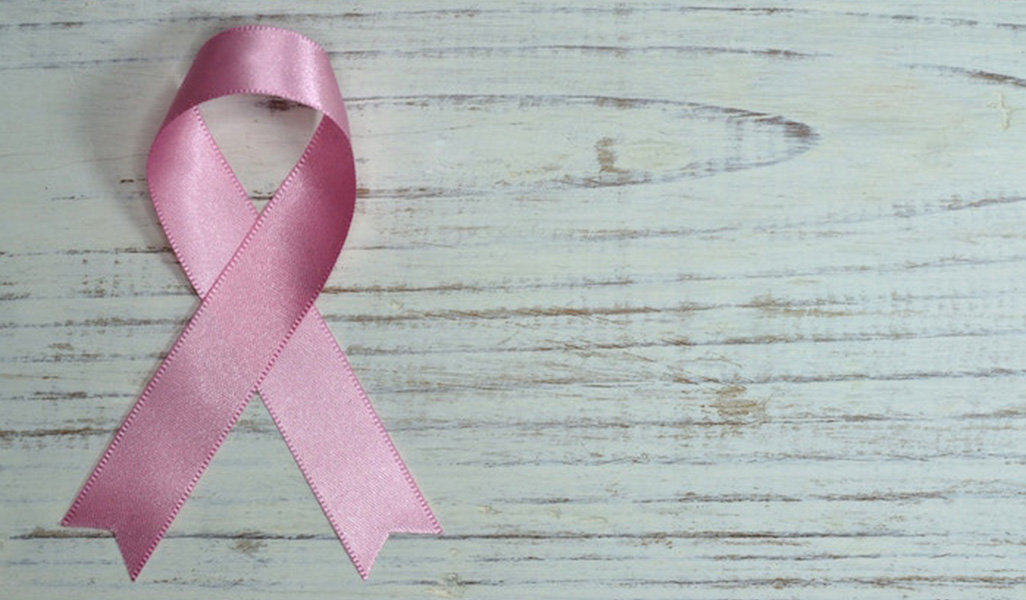News & Articles

What You Need To Know About Breast Cancer Recurrence

Just like garden weeds that grow back stubbornly if they were not completely removed, breast cancer cells may flourish and cause breast cancer to recur under the right environment within the body.
Breast cancer may return despite the best care and treatment. When this happens, it is called a recurrence or relapse. A relapse may occur when some of the original cancer cells survive the initial treatment, or when cancer cells spread to other parts of the body while being undetected.
Understanding breast cancer recurrence
To understand why breast cancer may recur, we need to first understand how breast cancer treatment works.
Treatments for breast cancers in the early setting (when the cancer has not spread beyond the breast and/or lymph nodes) are categorised into three broad phases: neoadjuvant, surgery and adjuvant.
In the neoadjuvant or pre-surgery stage, treatments tend to focus on shrinking the size of the cancer tumour, which could make it easier to operate on.
Then comes the surgery stage where the cancer tumour is surgically removed via various procedures such as lumpectomy (only a lump is removed), quadrantectomy (roughly a quarter of the breast is removed) or mastectomy (the entire breast is removed).
Finally, in the adjuvant or post-surgery stage, treatments are aimed at killing off any remaining cancer cells, which would reduce the chances of disease recurrence or relapse.
In both neoadjuvant or adjuvant settings, treatment options could include targeted therapy, chemotherapy, hormonal therapy or radiotherapy. These therapies may be used alone or in combination depending on the stage of the disease.
However, adjuvant therapy is not always effective in killing off all the remaining cancer cells. We call these lingering cancer cells micrometastases or micrometastatic cancer cells – a small group of cancer cells that may be hidden in the body of early-stage breast cancer patients and are too small to be detected in routine scans.
Micrometastatic cancer cells that linger in the body may cause cancer recurrence further down the road.
When a patient experiences a breast cancer relapse, it usually means that the disease has progressed into an advanced, incurable stage. That is why treating breast cancer early and thoroughly is important to prevent it from recurring.
Risk factors for breast cancer recurrence
Some of the more common risk factors that may affect the chances of breast cancer returning include:
- Tumour size – Large tumours usually point towards a greater chance of cancer recurrence.
- Cancer spread – Breast cancer is more likely to recur if it had spread to the lymph nodes.
- Cancer subtypes – Some breast cancer subtypes like HER2-positive breast cancer are more likely to recur.
HER2-positive breast cancer occurs when cells over-produce the protein HER2 (human epidermal growth factor receptor 2). HER2 proteins help cells to grow and divide, thus excessive amounts can lead to tumour development.
Some patients with early HER2-positive breast cancer are more likely to relapse than others, such as those with lymph node-positive or hormone receptor-negative disease.
These patients are considered at ‘high risk’ because prognosis is generally poorer, but the good news is that recent breakthroughs in adjuvant therapy for HER2-positive early breast cancer have shown favourable outcomes.
Generally, numerous clinical factors, as well as biological and tumour characteristics, can affect the risk of recurrence among people with HER2-positive early breast cancer. Examples include lymph node status, tumour size, grade, and other histological features, hormone receptor status and patient age.
Preventing breast cancer recurrence
Because each breast cancer is unique, there is no miracle cure or silver bullet to prevent breast cancer recurrence completely.
Breast cancer treatment options vary depending on the stage of the cancer – its size, position, whether it has spread to other parts of the body and the physical health of the patient.
Lifestyle changes such as incorporating regular exercise into your daily routine, or eating a healthy and balanced diet, will also help to reduce the risk of breast cancer recurrence.
It is important for you to consult with your doctor who will be able to advise you on the best course of treatment for your disease type.
Dr See Hui Ti
Senior Consultant
Medical Oncology
Parkway Cancer Centre
| POSTED IN | Cancer Treatments |
| TAGS | breast cancer, cancer relapse, prevent cancer, reduce cancer risk |
| READ MORE ABOUT | Breast Cancer |
| PUBLISHED | 08 March 2019 |
